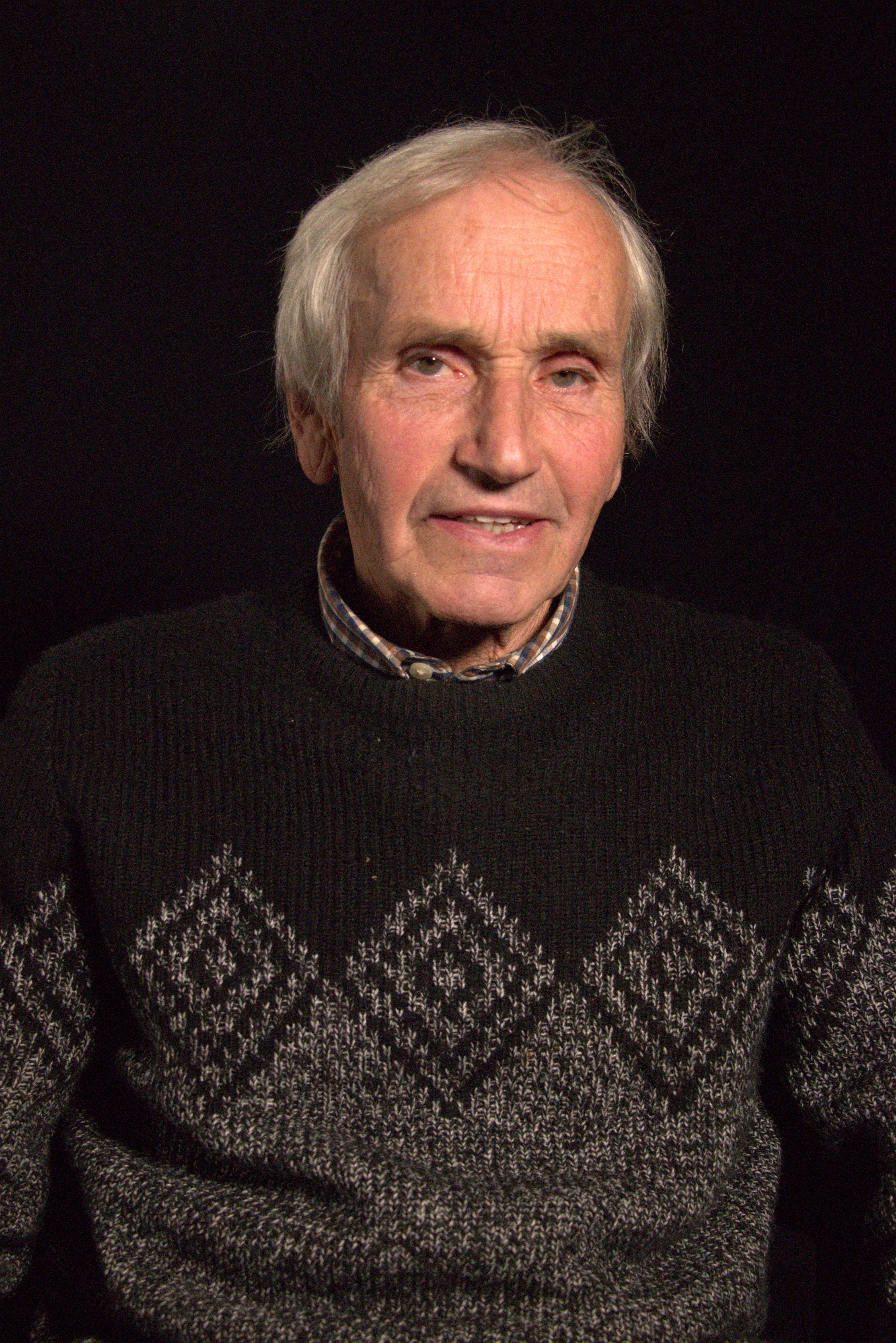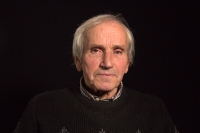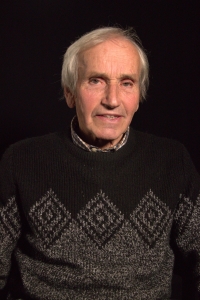I didn’t see the world in black and white

Download image
Petr Kučera was born in Liberec on 29 June 1947. From the ninth grade of primary school on, he lived in Turnov where he graduated from a general high school. He started studying African Studies at the Faculty of Arts, Charles University in 1967. In 1968-1969 he also studied at the Political College of the Central Committee of the Communist Party of Czechoslovakia. He took an active part in the civic resistance during the invasion of the Warsaw Pact troops and in the following months. From the autumn of 1968, he was active in the Union of University Students and took part in organising the student strike of 18 to 21 November 1968. He began working as an editor of the international section of the Svobodné slovo daily and joined the Czechoslovak Socialist Party in 1973. He often lectured on foreign policy. The State Security (StB) monitored him during the following years as a person of interest. Because of an article about the Soviets shooting down a civilian airplane, he was forced to leave the editorial office in 1983 and worked as a technical editor of the supplements. He actively participated in the Velvet Revolution developments. He and his wife bought the Nové Hrady castle in 1997 and renovated it.

